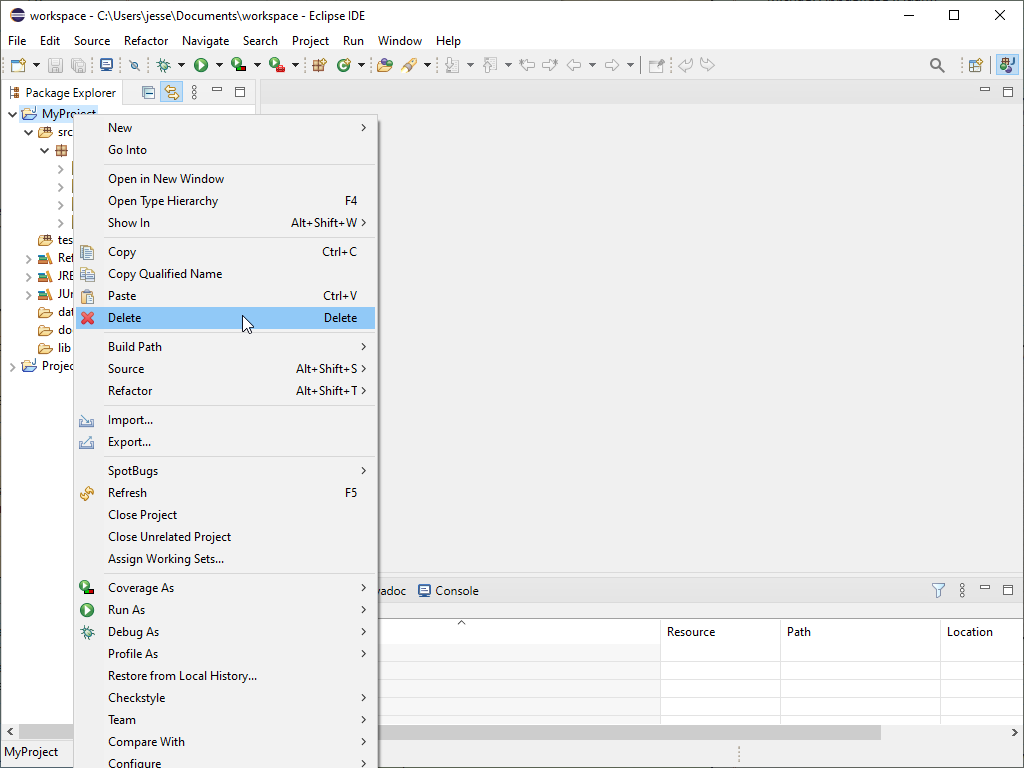Welcome to Learn to Astronomy, where we explore the wonders of the universe! In our latest article, we delve into the intriguing question of what happens if you scratch during an eclipse. Join us as we uncover the cosmic phenomenon and its potential consequences. Let’s embark on this celestial journey together!
The Impact of Scratching During an Eclipse: Unveiling the Consequences in Astronomy
The Impact of Scratching During an Eclipse: Unveiling the Consequences in Astronomy
When it comes to observing celestial events like eclipses, astronomers must take every precaution to ensure accurate and reliable data collection. However, there is a potential issue that many do not consider: scratching.
During an eclipse, astronomers typically rely on sophisticated telescopes and cameras to capture precise images of the event. These instruments are extremely sensitive and any physical contact can disrupt their delicate mechanisms. Even a small scratch on the lens or sensor can impact the quality and accuracy of the collected data.
Scratches can cause a variety of issues. First and foremost, they can distort the images captured during the eclipse. This can lead to misinterpretation of the phenomenon and inaccurate scientific conclusions. Additionally, scratches can introduce unwanted artifacts or patterns into the images, making it difficult to distinguish genuine features from blemishes.
Furthermore, scratches can impair the overall functionality of the telescope or camera. They can obstruct the passage of light, reducing the instrument’s ability to gather photons effectively. This can result in reduced resolution, decreased sensitivity, and compromised measurements. In some cases, severe scratches may render the instrument unusable until repairs can be made.
Preventing scratches requires utmost care and attention. Astronomers must handle their equipment with clean hands and avoid direct contact with any parts that could be scratched. Additionally, using protective covers or filters can minimize the risk of accidental damage. Regular inspections and cleaning procedures are also essential to keep instruments in optimal condition.
In conclusion, scratching during an eclipse can have a significant impact on astronomy. It can distort images, introduce artifacts, impair instrument functionality, and compromise scientific observations. Therefore, astronomers must prioritize the prevention of scratches to ensure accurate data collection and analysis during these celestial events.
If Your Hair Stands on End, You’ve Seconds to Run
[arve url=”https://www.youtube.com/embed/UQpNj6qQur8″/]
NEVER Do This in Scratch!
[arve url=”https://www.youtube.com/embed/GSssL_ARJS8″/]
Frequent questions
What happens if I scratch the surface of the Moon during a lunar eclipse?
During a lunar eclipse, scratching the surface of the Moon would have no visible effect since the darkening of the Moon is caused by the Earth blocking sunlight. A scratch on the Moon’s surface would not be noticeable from Earth during an eclipse.
During a lunar eclipse, scratching the surface of the Moon would have no visible effect since the darkening of the Moon is caused by the Earth blocking sunlight. A scratch on the Moon’s surface would not be noticeable from Earth during an eclipse.
Can scratching your eye during a solar eclipse cause permanent damage?
Scratching your eye during a solar eclipse can indeed cause permanent damage. The intense rays of the sun can still harm your eyes even when it’s partially covered by the moon. It is crucial to wear proper eye protection, such as certified solar eclipse glasses, to prevent any injuries.
Scratching your eye during a solar eclipse can indeed cause permanent damage. The intense rays of the sun can still harm your eyes even when it’s partially covered by the moon. It is crucial to wear proper eye protection, such as certified solar eclipse glasses, to prevent any injuries.
If I scratch my telescope’s lens during a solar eclipse, will it affect my viewing experience?
Scratching your telescope’s lens during a solar eclipse can negatively impact your viewing experience. Any scratches or imperfections on the lens can scatter or distort the light entering the telescope, resulting in reduced image quality. It is important to handle your equipment with care and protect the lenses to ensure optimal viewing during astronomical events.
Scratching your telescope’s lens during a solar eclipse can negatively impact your viewing experience. Any scratches or imperfections on the lens can scatter or distort the light entering the telescope, resulting in reduced image quality. It is important to handle your equipment with care and protect the lenses to ensure optimal viewing during astronomical events.
In conclusion, scratching during an eclipse can have detrimental effects on our eyes. The intense solar radiation emitted during an eclipse can cause irreversible damage to the delicate tissues of the eye. It is crucial to protect our eyes with certified solar viewing glasses or other specialized filters to avoid any harm.
Remember, never look directly at the sun without proper protection, even during an eclipse. Our eyes are incredibly precious, and it is essential to prioritize their safety above all else. By following proper safety guidelines and using reliable protective eyewear, we can fully enjoy the awe-inspiring beauty of an eclipse without putting our vision at risk.
So, next time you witness an eclipse, take the necessary precautions and ensure that your eyes are shielded from the harmful solar radiation. Let this celestial event be a reminder of the sheer magnificence of our universe and the responsibility we have to preserve our own well-being. Safeguarding our eyes not only ensures our present enjoyment but also allows us to continue exploring and appreciating the wonders of astronomy for years to come.

